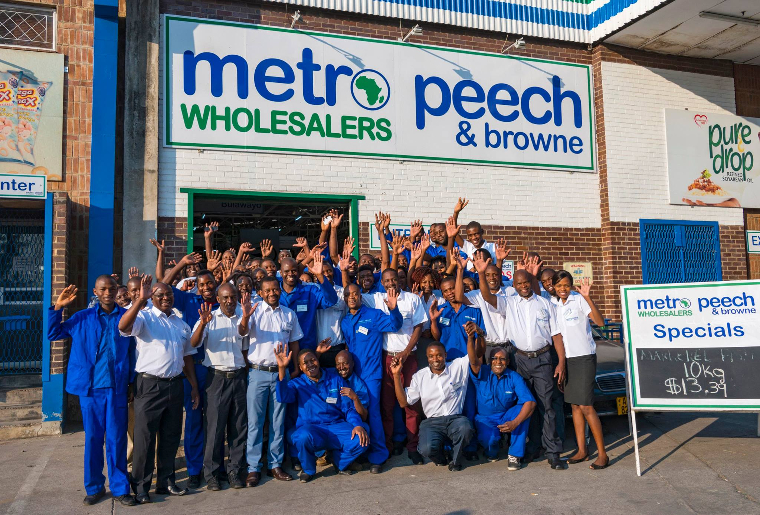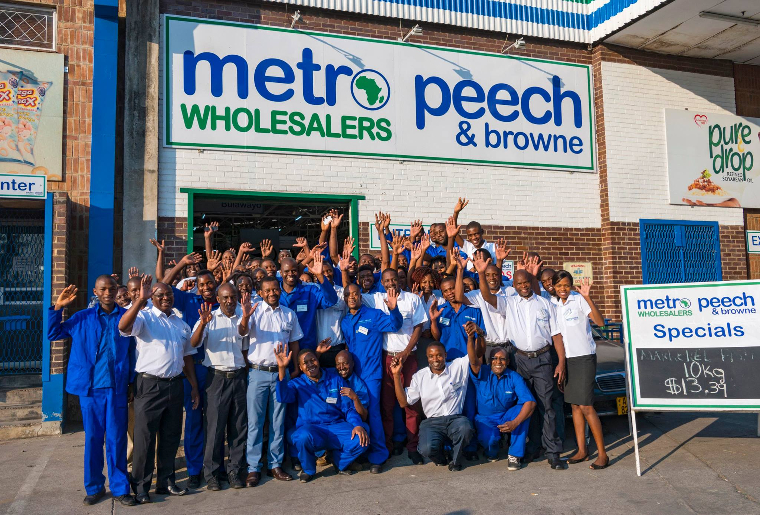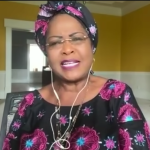 Metro Peech & Browne is one of the country’s biggest wholesalers, it has just built a large new store in Harare, and it is backed by a European private equity fund. So, why has the business failed?
Metro Peech & Browne is one of the country’s biggest wholesalers, it has just built a large new store in Harare, and it is backed by a European private equity fund. So, why has the business failed?
The company has been placed under business rescue because it is insolvent. A new report by the appointed administrator sheds light on how the business was run into the ground, and provides a window into the struggles formal retailers are facing in an economy that is rapidly informalising.
“The company is technically insolvent to the tune of US$8 878 493. This was the major cause for corporate rescue,” says administrator Oliver Mtasa of Crowe, in his report to the Master of the High Court.
At the time the company was put under business rescue, it had assets of US$12.8 million but liabilities of US$21.7 million, leaving a gap of US$8.8 million. Of the US$21.7 million that it owed, it had debts of US$9 835 088 to suppliers, banks US$5.4 million, and US$5 million of intercompany and other liabilities. It owed staff US$ 229 000 in unpaid salaries.
The company was formed in 2007, at a time when shops were running on empty and hyperinflation was rising. It quickly grew, because shoppers were looking for affordable and bulk basic commodities. Its first store opened in Msasa, and 19 more outlets followed.
In 2013, Spear Capital, a private equity fund from Norway, invested in the company, putting in capital and taking up 39.2%. Other shareholders are Midosa Investments, owned by founder Andrew Peech (40%) and Sean Baker, who holds 20% of the firm.
According to the Crowe report, the company suffered from inadequate capitalisation which caused negative cashflows. It has too many debts, which turned sour due to high interest rates. In a business that is about high volumes and low margins, Metro had low stocks in its stores. The company also expanded too fast without the capital to back it up, the report found.
“Poor servicing of liabilities resulting in suppliers holding back supplies and moving to consignment stock,” says the report. This left Metro Peech shops unable to stock the high-margin, fast-moving product lines that make wholesalers tick.
Like many players in the industry, Metro Peech was also unable to respond to the rise of informal traders. According to Crowe, there is “competition from the informal sector which is not subject to similar regulatory compliance. The informal sector traders generally do not comply with the payment of tax in comparison with established businesses such as Metro Peech & Browne.”
Continued next page
(772 VIEWS)


